Greening fallow fields
Due to the shift in labor structure and lack of human resources, some families in Lien Son village, Tan Dinh commune (Lang Giang) are not interested in farming. They rent, borrow or leave their fields fallow. One of the people who has contributed to turning barren fields into fertile land in this area is Ha Minh Nam (born in 1995), from Xuan Huong commune (Lang Giang). In 2017, Nam graduated from the National Economics University. When working, he went to many places and saw that the land had not been fully exploited, many fields were left uncultivated and overgrown with grass, which was a waste.
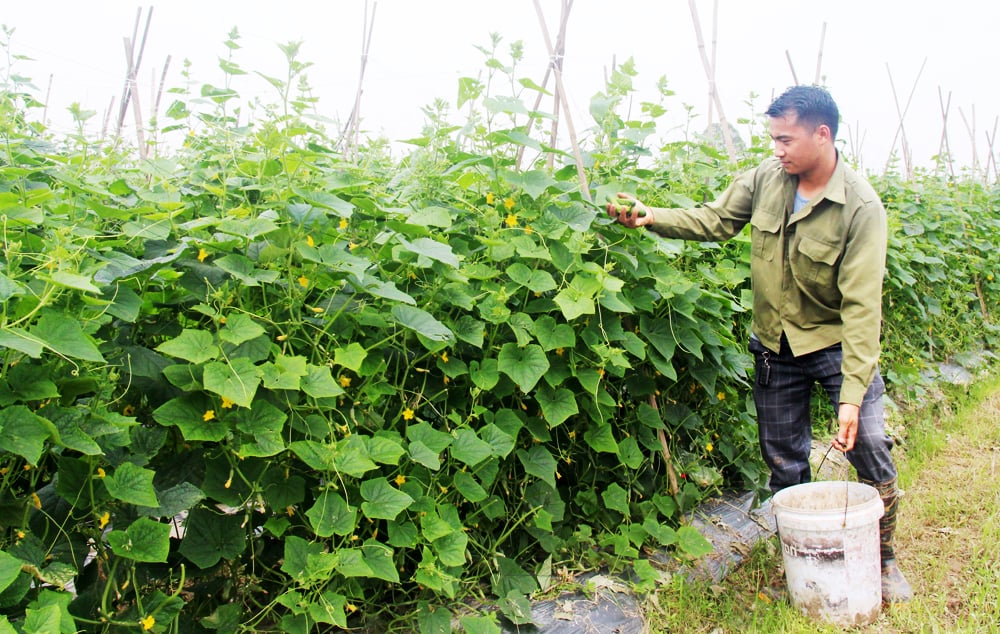 |
Mr. Ha Minh Nam harvests baby melons. |
In 2020, he decided to return to his hometown to implement the idea of clean agriculture . On a scale of more than 6 hectares rented and borrowed from local people, he planned and renovated the land, implementing the motto "one production area, one crop variety" to help manage and prevent pests effectively, and apply convenient mechanical means. While producing, Mr. Nam proactively connected with businesses and cooperatives to receive support in terms of plants, breeds, and finding outlets for products.
Up to now, all vegetables, tubers and fruits have been contracted for consumption by GOC Food Processing Export Joint Stock Company (Lang Giang) and some supermarkets in and outside the province; fresh flowers are sold to small traders at wholesale markets in Hanoi . With this method, each year Mr. Nam earns a revenue of more than 1 billion VND, after deducting expenses, he earns a profit of 200-300 million VND, this amount continues to be invested in rotation. "This season, I planted 20,000 single flower plants. Thanks to proper care, the plants grow well, and are expected to be sold in 20 days," said Mr. Nam.
| After renting or borrowing fields, most owners organize effective farming methods, forming high-tech agricultural models that create highlights in local economic development. |
Sharing the same idea as Mr. Ha Minh Nam, Ms. Nghiem Thi Huong, Director of Toan Thang Agricultural Production and Service Cooperative (Bac Giang city) rented 2,600 m2 of rice fields and greenhouses from people in Ca village, My Thai commune (Lang Giang) to produce high-tech agriculture with the main crops being: melons, baby melons, squash buds and seasonal vegetables, tubers and fruits. In addition to the above area, she also cooperated with some engineers to rent wild ponds to grow lotus and combine developing experiential tourism with shopping for typical agricultural products of her hometown Bac Giang.
In the province, there are currently many models of renting and borrowing fields for cultivation with scales ranging from nearly one acre to tens of hectares. With the goal of sustainable agricultural production, after renting land, some organizations and individuals have invested money to build greenhouse frames, net houses, install automatic irrigation systems, temperature control equipment, apply VietGAP processes... bringing in billions of VND in revenue per year.
Strengthening links
Bac Giang is promoting agricultural production and applying high technology. In order to attract organizations and individuals to invest in this field, the province has recently issued many support mechanisms. Most recently, Resolution No. 26 dated July 14, 2023 of the Provincial People's Council promulgating regulations on policies to support the development of agriculture, forestry and fisheries in Bac Giang province, period 2023-2030.
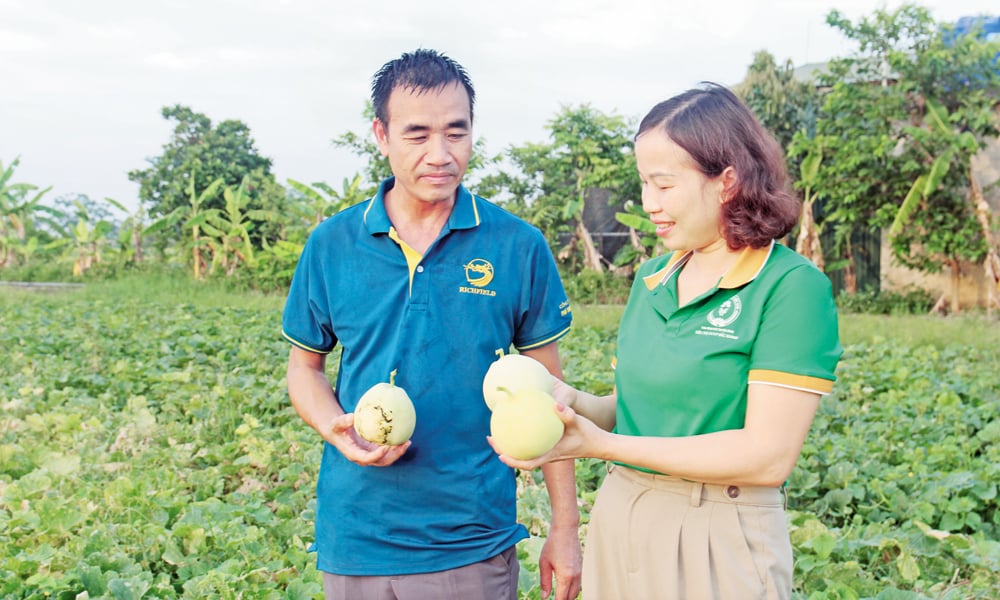 |
Ms. Nghiem Thi Huong, Director of Toan Thang Agricultural Production and Service Cooperative, shares her experience in caring for melons. |
According to the Department of Agriculture and Environment, in 2024, the provincial budget spent nearly 50 billion VND to support businesses, cooperatives, cooperative groups, and individuals, including spending on land consolidation, leasing production sites, and supporting the purchase of machinery and equipment for production. For example, in Hiep Hoa district, from the provincial budget and the district's budget, the locality supported farmers to concentrate land on over 33 hectares; supported the cost of purchasing 32 plows, 1 preliminary processing and preservation system; 51 hectares of concentrated agricultural commodity production.
The Dai Dong 2 Agricultural Service Cooperative in Danh Thang Commune (Hiep Hoa) received more than 1.1 billion VND from the State. The cooperative mobilized members to concentrate small plots of land into large fields with a scale of 13 hectares for commercial potato production. Concentrated production has many advantages such as applying mechanization in care and harvesting, reducing labor costs. "With an average selling price of 9,000 VND/kg, after deducting costs, we made a profit of 320 million VND last winter crop," said Mr. Luong Van Kiem, representative of the cooperative.
Although it brings high economic efficiency, through research in localities, there are still fragmented, small-scale fields, even abandoned by people without use. Some people do not cultivate but still want to keep the land. This affects the goal of land concentration of enterprises, cooperatives, and cooperative groups, making it difficult to meet the criteria of a minimum land lease period of 5 years, a minimum area of 2 hectares for the districts: Son Dong, Luc Ngan, Luc Nam, Yen The and a minimum of 5 hectares for the remaining areas.
According to Mr. Le Ba Thanh, Deputy Director of the Department of Agriculture and Environment, the province is focusing on developing agricultural production, so it is necessary to concentrate land and expand production scale from a few hectares to several dozen hectares. Therefore, in the context of economic restructuring, shortage of agricultural labor and having other more stable sources of income, when people do not have a need to use it, they should lease or borrow land, which not only brings economic value to the family but also improves the land, avoiding desertification and infertileness. However, in the lease or borrowing contract, it is necessary to ensure clear legality between the owner and the lessee. Priority is given to implementing advanced investment projects and models, ensuring sustainability, environmental friendliness, and creating jobs for local workers.
Enterprises, cooperatives and individuals need to carefully select production models that are suitable for the planning or socio-economic development plan of the locality; invest in building facilities for effective farming. Increase the connection between models from production to consumption to share experiences and profits. On the part of the agricultural sector and localities, continue to direct specialized departments to speed up the appraisal of project dossiers. Feasible projects that meet requirements will quickly disburse support capital to help enterprises, cooperatives, cooperatives and production households have more resources to develop production.
Source: https://baobacgiang.vn/cho-dong-ruong-them-xanh-postid420125.bbg








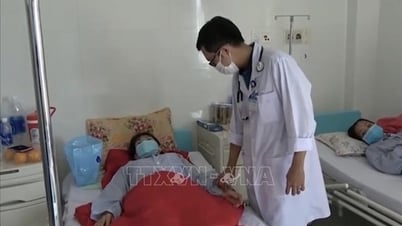

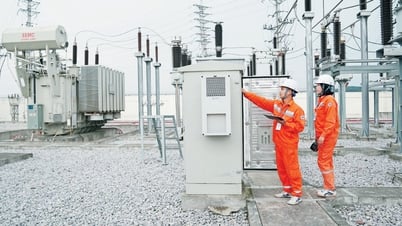
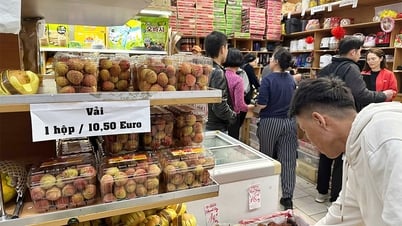
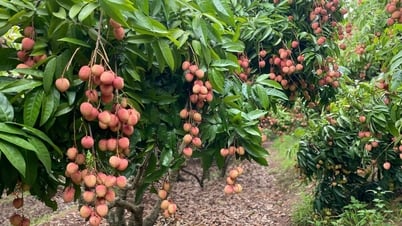
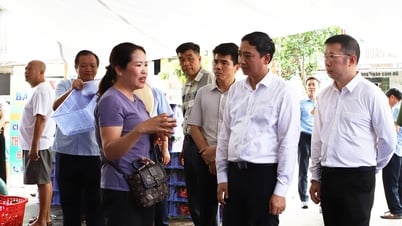
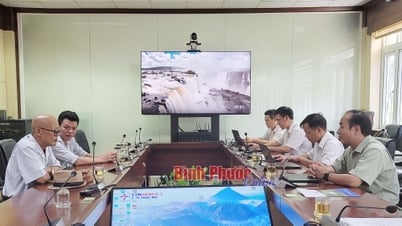
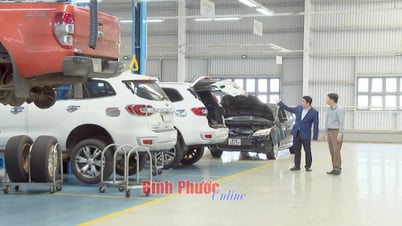
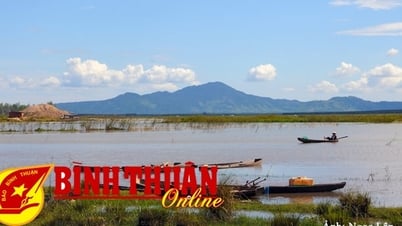












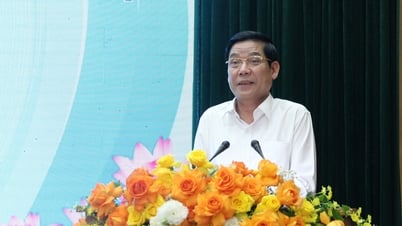
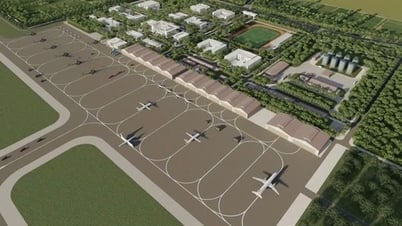
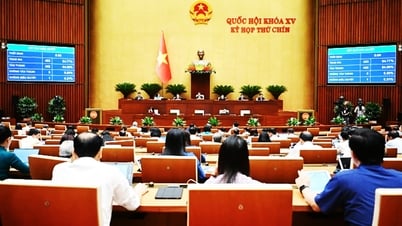

























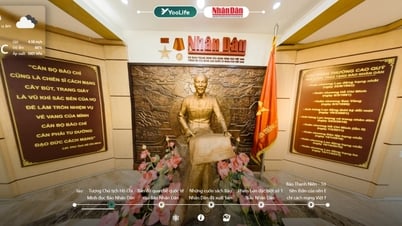




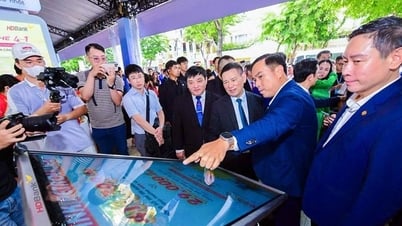

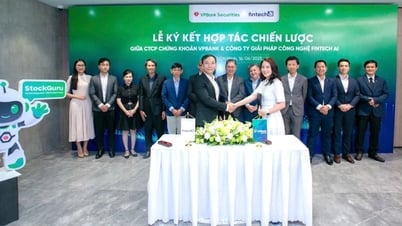

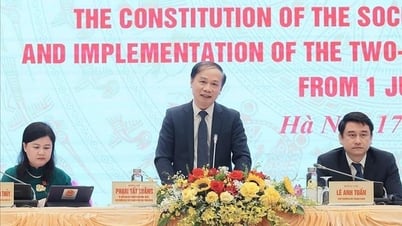





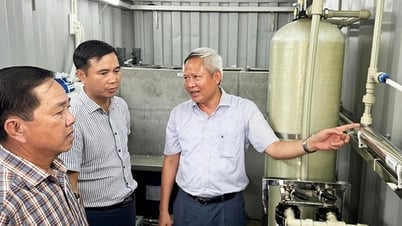

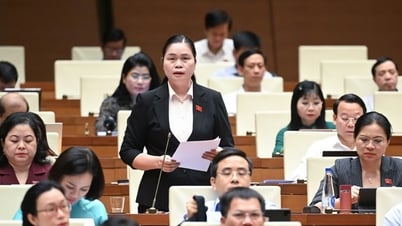


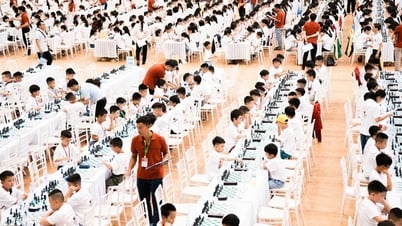
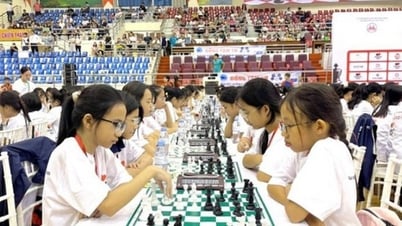






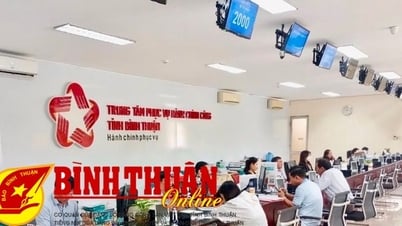













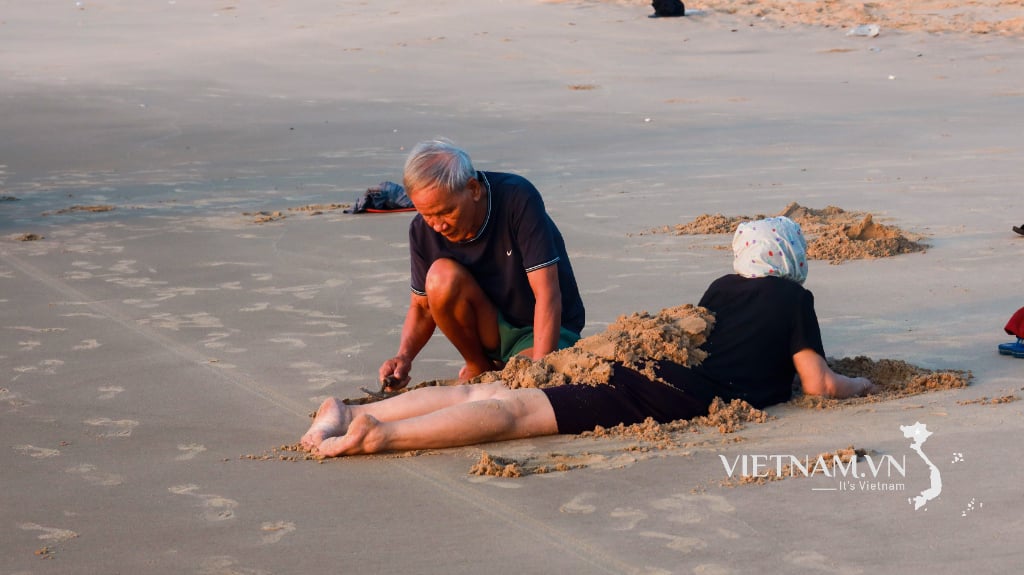
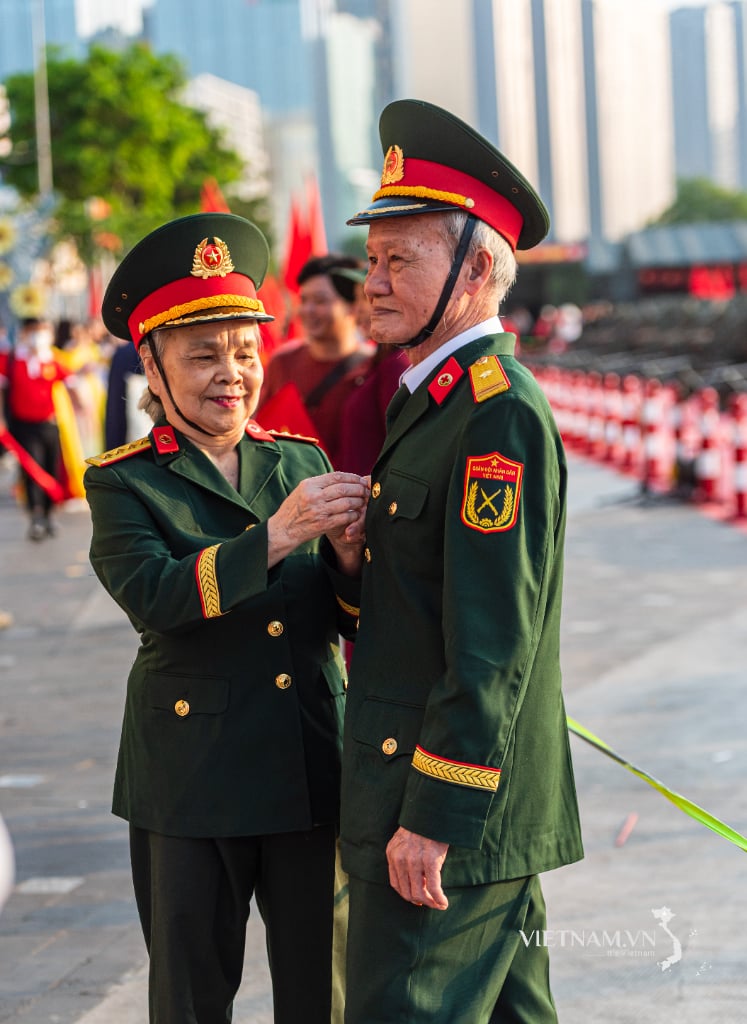
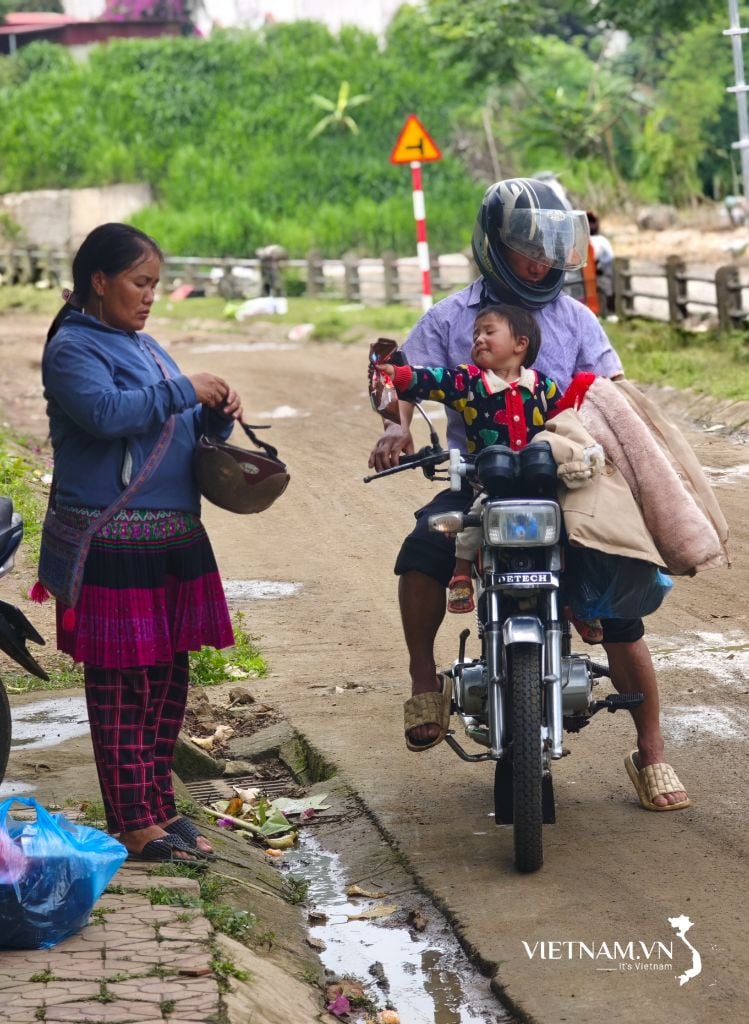
Comment (0)